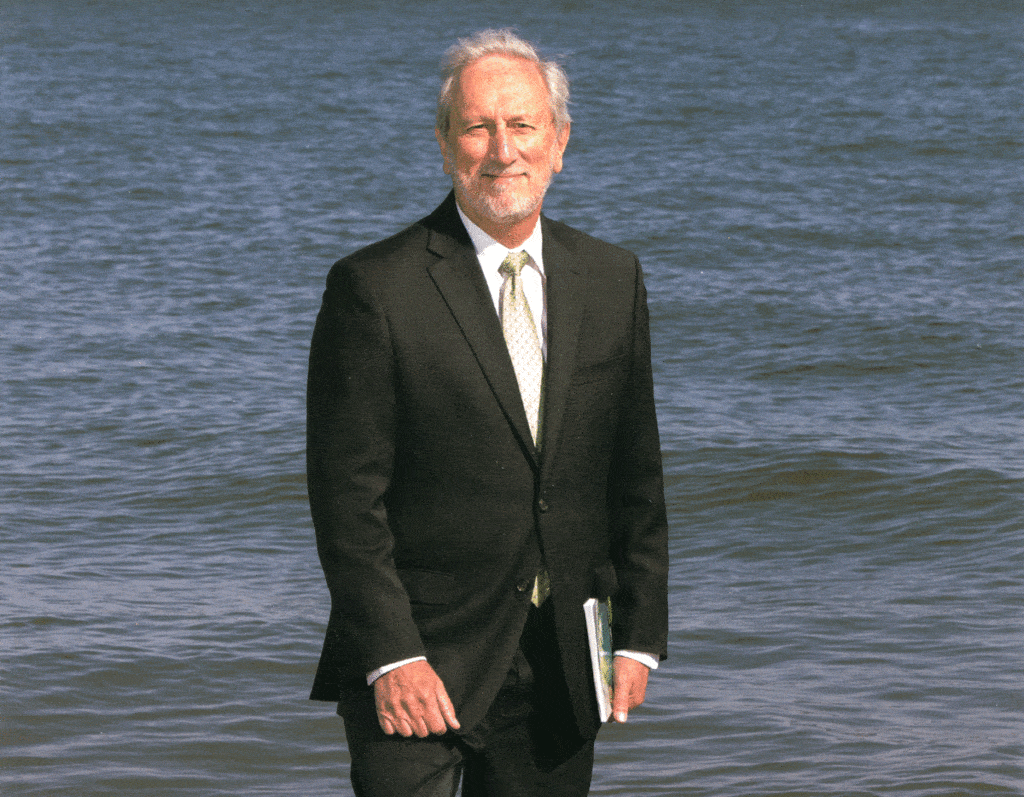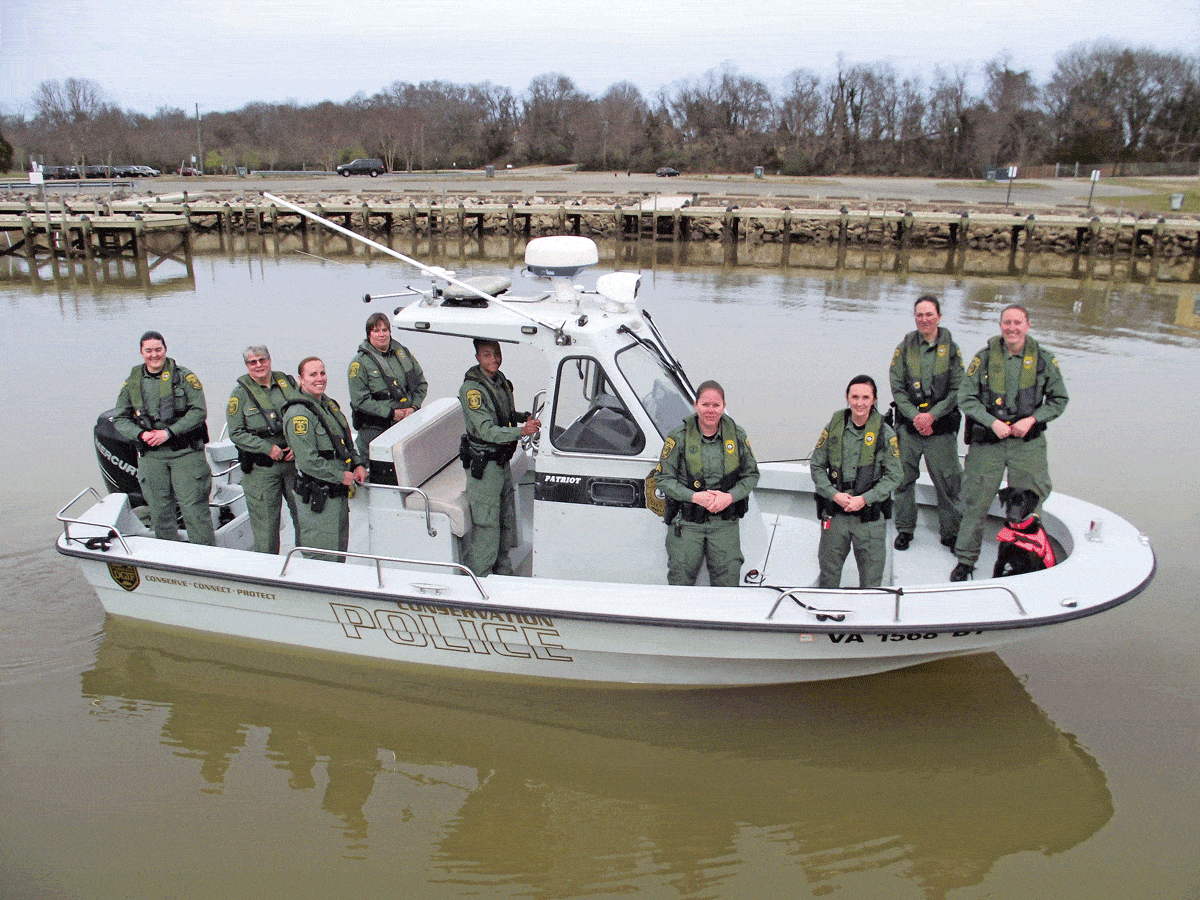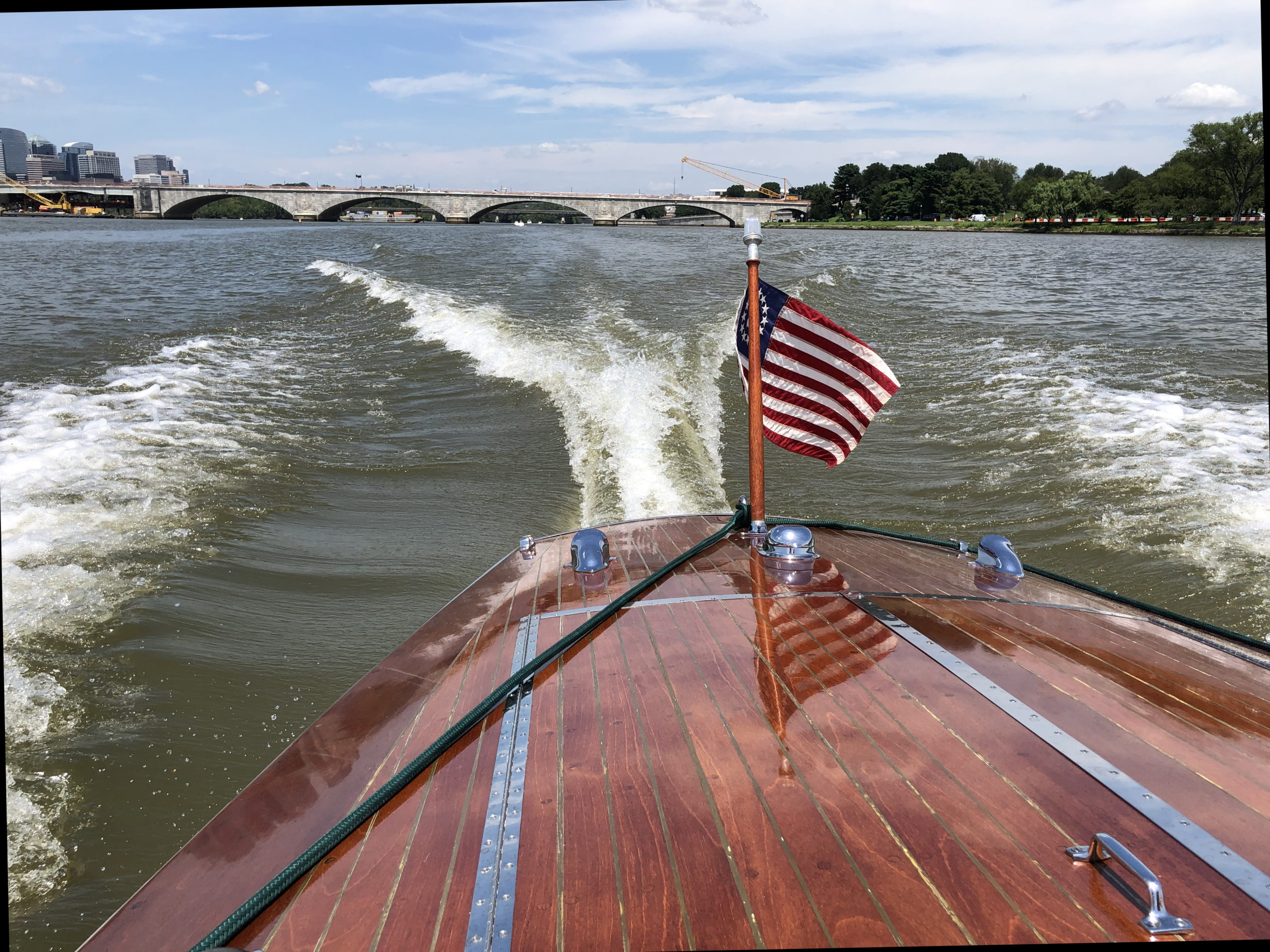Through hurricanes, politicians, and other natural disasters, scientist Don Boesch searches for solutions.
Don Boesch grew up in the 9th Ward of New Orleans, blocks from the Mississippi River. He experienced flooding from Hurricane Betsy in 1965, long before Hurricane Katrina engulfed the neighborhood. His father, who never graduated high school, let him tag along on fishing trips, stoking a fascination with the creatures of the estuary. Carapace collections and fiddler crabs in jars of alcohol decorated Don’s boyhood room. Inspired by his tenth-grade biology teacher, Don remembers doodling sketches of the marine laboratory he dreamed of building one day. What he probably couldn’t have imagined back then was that eventually he would build and lead not one but two internationally acclaimed marine research centers; that for over 27 years he would serve as the scientific advisor on the Chesapeake Bay Cabinet under five different Maryland governors; that he would advise two U.S. Presidents on issues such as climate change and the Deepwater Horizon BP Gulf of Mexico oil spill; that he would chair the Scientific and Technical Committee of Maryland’s first Commission on Climate Change, which would lead to the state’s first Greenhouse Gas Reduction Act (passed in 2009); and that he would become an ardent champion and leading voice for the concept of integrating and applying science to policy.
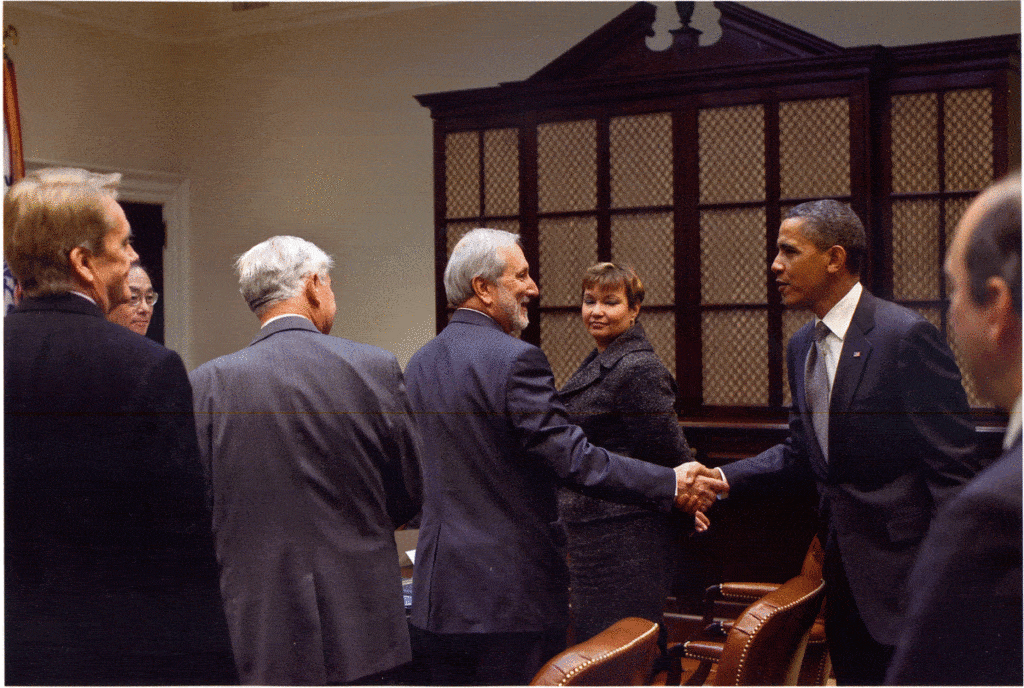
Don retired as president of the University of Maryland Center for Environmental Science (UMCES) in 2017. He has reduced his teaching responsibilities, but his research and writing remain robust (he has published two books and nearly 100 papers). This past April was the 10th anniversary of the BP oil spill, and having served as the sole scientist on President Obama’s national commission investigating the spill and its effects on the Gulf, he continues to consult with policymakers, scientists, and the media on its recovery.
Don shared some of his recollections with me on a recent visit. “After more than 50 years of doing this,” he tells me, “I am beginning to feel even more unconstrained, able to be even more candid.” Sitting in his home office, surrounded by shelves of books and papers, he seems relaxed and comfortable. He is generous with his time and direct with his thoughts. “Applying science to policy, using science as a tool to find solutions, is something I’ve always believed essential. But scientists have mostly had a reluctance to speak out, to rock the boat. And I still feel the need to calibrate just how far I can take it and continue to be trusted, continue to be listened to. I mean, I am telling policy leaders in Louisiana that, simply put, they have to get away from oil and gas or their state is going to wash away. And, yes, I feel I’m having a bit of traction.”
Don Boesch began his career studying biology close to home at Tulane University. He confides that most of the biology students at the time were pre-med and grade-driven. Those few that weren’t, that were interested in the science, became faculty favorites. “I was lucky,” he chuckles. “Tulane had a world-class collection of crustaceans gathered from all over the Gulf—all over the world, really—and I was given the opportunity to serve as an intern helping to catalogue and basically curate these specimens. The summer after graduation, I got to intern with a biologist on the estuary, collecting trawl samples of every type and species. All of this instilled in me an awe over the diversity of life, [and] the evolutionary processes involved in how they adapt.”
After Tulane, Don attended graduate school at William and Mary’s Virginia Institute of Marine Science (VIMS)—his first experience on the Chesapeake. In just under four years, he obtained a doctorate in oceanography. His dissertation reflected his early research identifying the various saline gradients from saltwater to freshwater that comprise the Chesapeake and which define the communities that thrive in each respective area.
After a year at the University of Queensland in Australia as a Fulbright-Hayes Postdoctoral Fellow, in 1972 he returned to VIMS as a professor and research scientist. In June of that year, Hurricane Agnes swept through, battering the Bay and causing catastrophic damage to its underwater grasses and marine communities. Maryland’s Senator Mac Mathias called on the Environmental Protection Agency for a five-year study of the Bay. Others sounded the alarm about a great estuary on life support and wanted answers. Don was at the forefront of this new Chesapeake Bay study, measuring the impact of Agnes, looking into the reasons for the disappearance of the submerged vegetation, and starting to uncover the profound effects of nutrient overload.
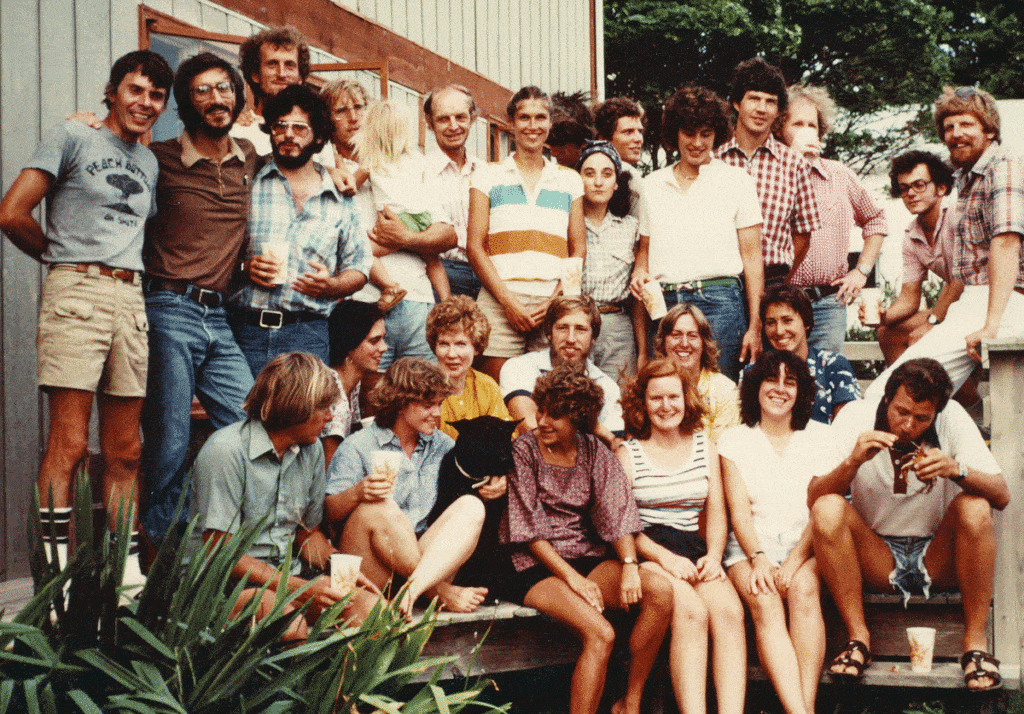
Don had been at VIMS for eight years when a visiting colleague from Louisiana State University told him about a director position available at a new coastal research center being constructed by a consortium of universities there, and suggested he apply.
“I was surprised,” Don recalls. “I was only 34 and felt way too young for such a position. But I thought about it.”
Shortly after he was hired, funding for the center vanished, forcing him into a new role as head cheerleader and fundraiser.
“Until then, I think I may have shaken the hand of the president of William and Mary once at a reception; that was the extent of my experience with politics” he says. “Suddenly, I had to interact with university presidents, state legislators, and officials; learn the art of political schmoozing; cajole and manage architects and marine engineers; and find the means to get the project funded and back on track. Basically, I was thrown into the deep end of an alligator pool.”
Don reaches for something from the bookshelf behind him and turns, holding a foot-long, miniature pirogue canoe, carved of teak and complete with seats, oar locks and oars.
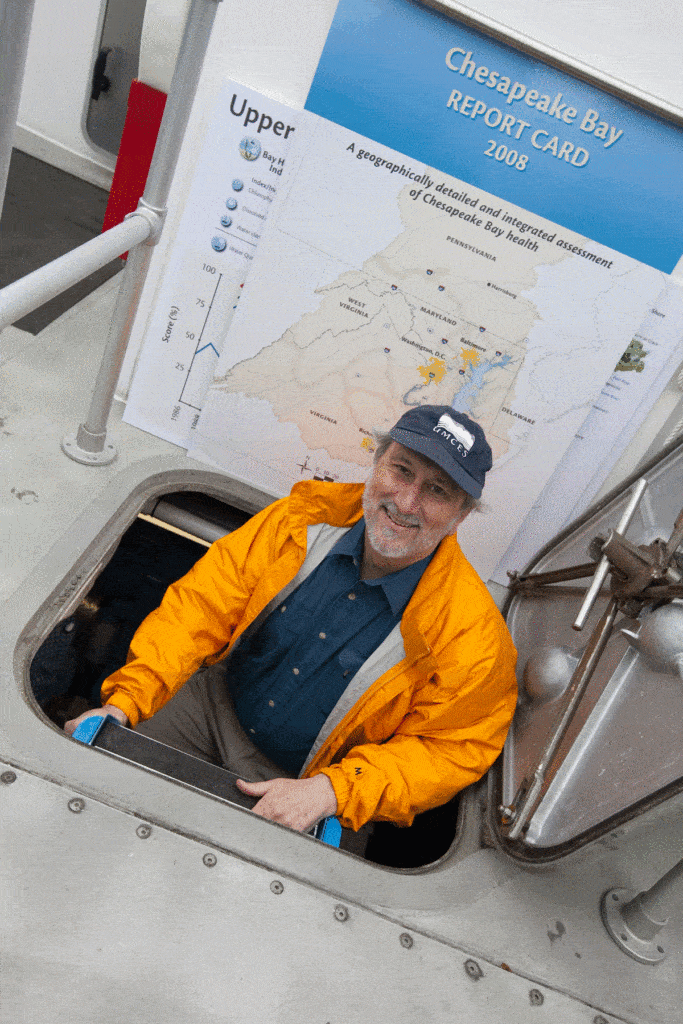
“I stayed in Louisiana 10 years before returning to the Chesapeake,” he tells me. “When I left, these Cajun guys in the maintenance department got together and built this for me. I like to think it reflects the kind of relationships I was able to build down there.”
Recruited to head the University of Maryland Center for Environmental Science in 1990, Don returned to Maryland and took charge of a consolidated state system of laboratories: Horn Point, the Chesapeake Bay Biological Lab at Solomons Island, the Appalachian Lab in Frostburg, and Maryland’s Sea Grant Program. Part of his new position at the university was to sit on the governor’s Chesapeake Bay Cabinet, an academic position on a board filled with political appointees.
“The idea was to have a person in the room whose job was to explain what the science says. And this person, unlike all of the others, was the one person who didn’t serve at the governor’s pleasure. I knew well, of course, what the science was telling us, what the Bay needed. And I was always cognizant of my responsibilities representing the university.”
Serving under a succession of governors, both Democrats and Republicans, meant learning as he went how to serve the science while avoiding political landmines.
“I can tell you, when I was in school there was not a science program in the country that offered courses in how to effectively but diplomatically work with governors, cabinet heads, people in power who have political agendas, so as to communicate the truth, advocate for policies that the science calls for, advance the objectives of conservation. It is a job of such importance but fraught with such difficulty. And so I learned on the cuff. I developed two priorities. First, to always state the truth, the science, and to use my skills to ensure that it was heard and understood. And second, within the parameters of the first, to do everything I could to ensure that the governor would be successful in advancing his vision. These two rules served me well for 27 years.
“I always remained wedded to articulating the truth, but I didn’t want be thrown out of the room! That’s the balance. We have seen this excruciating dance play out with Trump and the coronavirus, and I have nothing but respect and admiration for the doctors and scientists working to keep the federal government on the right track.”
One of his early priorities at UMCES was the creation of a group that could bring the work of center scientists to the public sphere, by not just studying problems but offering solutions to them. The Integration and Application Network (IAN) became a model for others in academia and beyond.
“IAN has not only become an integral and valuable part of our institution, but it has gestated to other universities, and I believe influenced how scientists behave around the globe.”
He points to the example of a recent Supreme Court opinion on groundwater discharge in Hawaii. Written by Justice Stephen Breyer, the opinion cites an amicus brief submitted by a consortium of scientific societies laying out what was and was not supported by research. The court’s majority sided with the scientists and environmentalists.
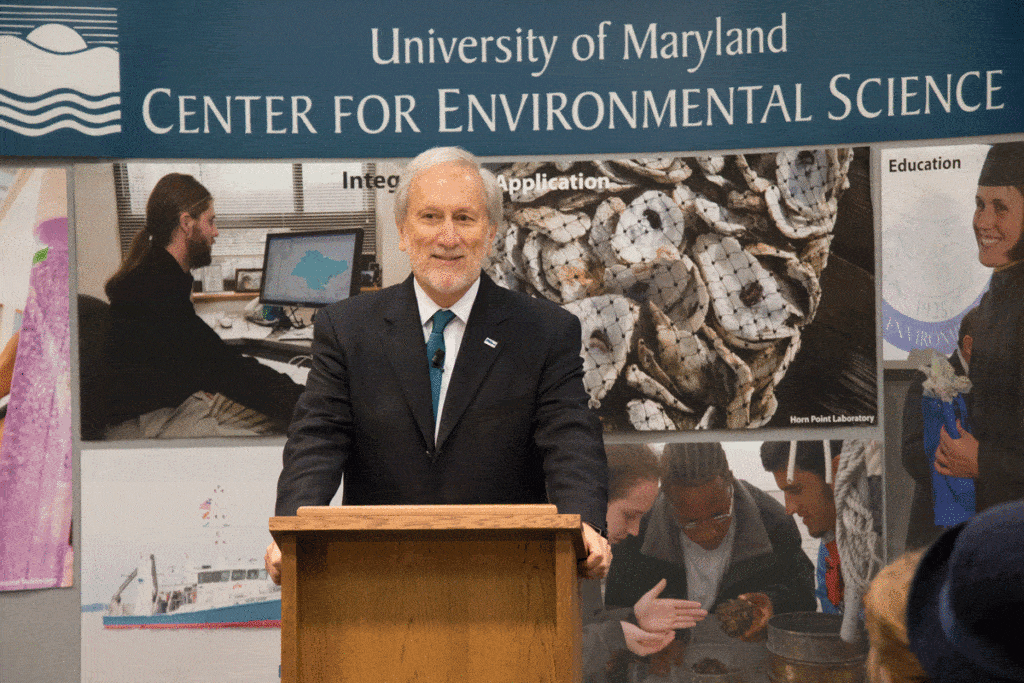
“This probably wouldn’t have happened twenty years ago,” Don says. “It was gratifying to see.”
Don’s political and advocacy experience came in handy when he was tapped by the Clinton administration in 2000 to participate in the first National Climate Assessment.
“I immersed myself in climate science, reading and digesting everything, conducting my own risk assessments, eventually publishing articles of my own.”
He stayed involved in climate science, appointed in 2007 to Maryland’s first Commission on Climate Change, and in 2010 to a commission advising on gulf restoration following the massive Deepwater Horizon oil spill.
“Such work,” he says, “can’t intelligently go forward anymore without taking climate change into account. No matter how much remedial or restorative work we do, if we don’t de-carbonize in the next 30 years, it will all be wiped out.
“My efforts in the climate arena are focused now on finding solutions, as opposed to just crying ‘mayday.’ Some of the areas of the Mississippi Delta are similar to what we have here: low-lying wetlands. These are ideal, for example, for solar farms which then can be integrated with wave buffers, oyster restoration, a variety of symbiotic solutions.”
Progress in the Chesapeake Bay, his main focus, has been frustratingly slow and prone to backsliding, but he says it pales in comparison to the larger problem of climate change.
“The truth is that we have time to restore the Chesapeake. Not so with climate change. We no longer have the luxury of time. If we fail in confronting this global threat, if we don’t immediately and consistently engage in profound changes over how we live, the entire world will be unalterably changed.
“My hope is that as we get a grip on addressing the coronavirus, that we will rebuild our economies in a more thoughtful way—in ways that will reduce air travel, car travel, reduce our dependence on fossil fuels. This is a mandate essential for all of us.”

